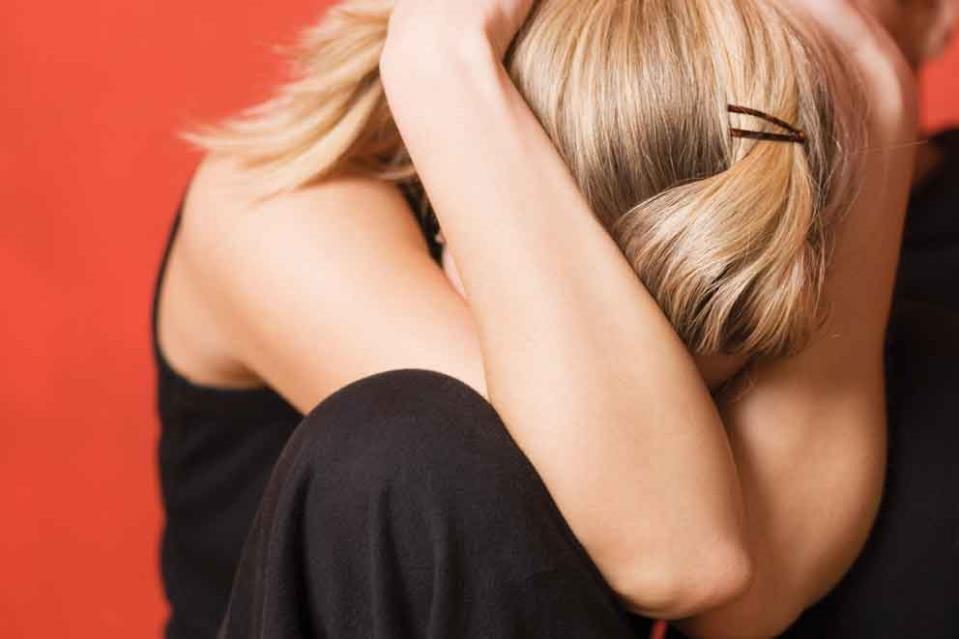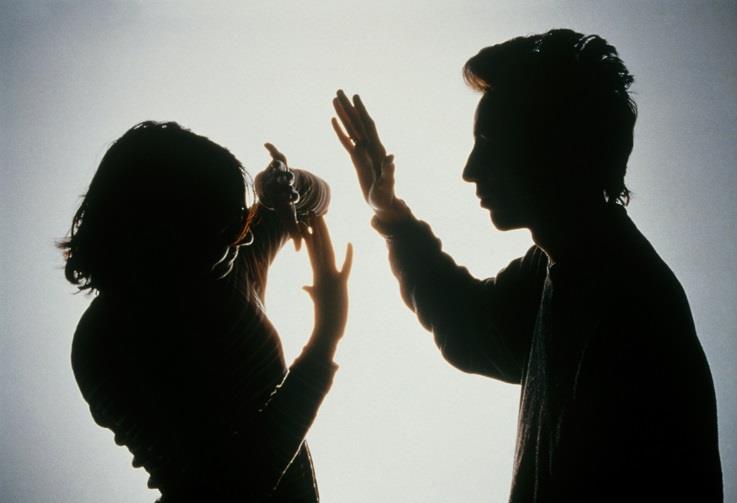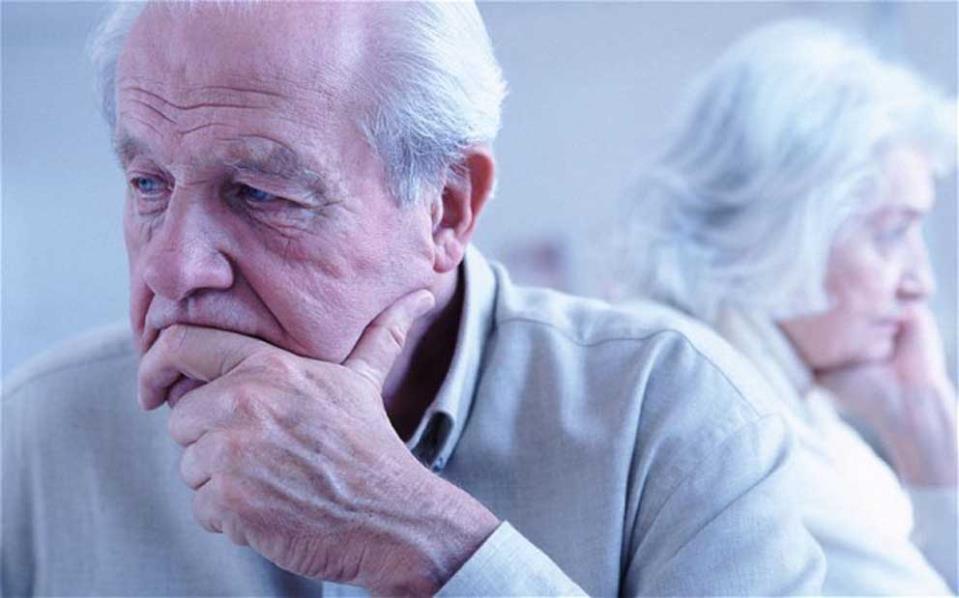St Jeanne Antide Foundation CEO Nora Macelli disagrees with a recent study made by the Charities Aid Foundation where it found that the Maltese are not very likely to help a stranger.
“They [Maltese and Gozitan people] do not turn the other way. At community level, we meet hundreds of generous persons who support frail and vulnerable neighbours,” she said when speaking with The Malta Independent.
“It seems to me that those who turn the other way are given prominence in the media because of political polarisations and concern with xenophobia. There are persons who are xenophobic. However, I do not know whether these give donations for local causes.”
“It’s possible that some xenophobes give local donations but I would be very surprised at this because the most solid and enduring motivation for donations is universal compassion; and that means both local and foreign beneficiaries.”

The St Jeanne Antide Foundation works to support the most vulnerable families in Maltese society and also helps them to integrate at the community level.
Discussions took place over who the strangers in Maltese society are, whether it is someone a person simply does not know, or whether they tend to be the marginalised strata of society.
“From our experience in running community-based support services to vulnerable individuals and families, we find that those who feel on the periphery of their community are a number of people persons with mental problems, frail and lonely people, as well as migrants”

Mental illness
“Persons with mental health problems - most of these use a common metaphor – “għalija, il-bibien kollha qed jingħalqu.” Why? Because the severity of their mental illness pushes them out of their studies or job. Their embarrassment and feelings of shame leads them to self-stigma. Their relatives oftentimes prefer not to get involved. Their family members try to hide the fact that a dear one is mentally ill to avoid being pitied. So, they too become marginalised. These are people around us, but do we really see them? Do we offer them support or are we embarrassed to be seen talking with them in the street or on a bus?”
“All around us at community level, there are many frail and lonely persons who would thrive and fare better were we to visit them and phone them to check how they are? Of course, were we to become interested in becoming ‘befrienders’ it would be best to do so within the structure of an organisation, group or parish and to undertake related training beforehand, especially about the importance of respecting boundaries and confidentiality.”

Generosity
Turning to the generosity of the Maltese people, Ms Macelli went on to speak about how this has progressed over the years:
“Nowadays, people prefer to organise themselves into a group to help meet a need they have identified. That is why there is such a surge in the creation of Voluntary Organisations (VOs). People tend to identify with a certain cause and then join a group that is involved in social action in that area. Instead of indulging in self-pity and retreating into their shell, sufferers of different illnesses have become highly socially conscious and have started numerous self-help groups and support groups to enable other sufferers to become self-empowered.”
“Take the example of SOAR – one of the services run by our NGO – the St Jeanne Antide Foundation. SOAR is run by survivors of domestic violence – women who have decided to support other women who have similarly experienced the horrific effects of violence in intimate relationships. These women volunteer to help others seek a better future. Take a look at the Mental Health Association. All its members are volunteers; what they have in common is the fact that they are family caregivers of mentally ill persons. They strive to enable caregivers to give up self-stigma and engage in voluntary action to help eliminate stigma.”
“Another example is The Voices Foundation: over 200 volunteers working very hard for months on end to raise funds for services for vulnerable and poor persons.”

Declining number of volunteers
Asked about whether the number of volunteers have declined over the years, Ms Macelli said just the opposite has been taking place.
“I do not believe that volunteering is less popular nowadays. In fact I think the opposite is true. The nature of volunteering has changed. Many cannot afford more than two to three hours per week of voluntary work, but that is ok too. Have a look at the list of registered VOs listed on the website of the Office of the Commissioner for Voluntary Organisations. There are hundreds of VOs registered. The majority are small – associations, self-help groups, support groups, bank clubs, etc. These are all run by volunteers.”
“There are also NGOs that provide a range of support services. Although NGOs employ professionals, they also engage volunteers for a range of roles. Our NGO, engaged over 101 volunteers for roles that support professionals in their helping roles. Some of these could only provide a service for a few months, others for a few hours a week. Others have been offering their sustained services for over six years. Some volunteers spend around 15 hours or more a week. It all depends on family commitments and work (those who finish work after 5pm are not as flexible as others may be). Nowadays, many women work; therefore they are not available as they used to be in the past, for voluntary work during the day. One must also take a look at the hundreds of Maltese who undertake voluntary work overseas. The number has been steadily increasing over the years.”
Volunteer manager at the Inspire Foundation Daniela Falzon was also contacted for her views on the way volunteering and generosity has progressed throughout the years in Malta.
She explained that she has been working in the voluntary sector in Malta for the past 8 years, and in her experience there have been very few young volunteers.
“Many of the young people who apply to volunteer tend to do so because of a Systems of Knowledge project or some other school project.”
With regard to the notion that Maltese are not very likely to help a stranger, she said that when comparing her experiences in the UK and in Malta, she found that in Malta people are less fearful of the danger a stranger might pose, and are therefore more likely to help out.